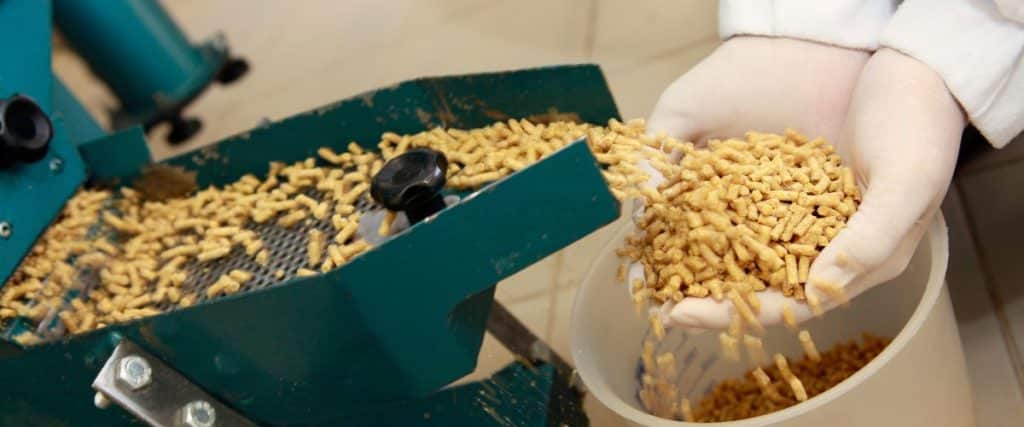Spurred by the continued shift towards sustainability, Thai startups are turning to insects as a grain substitute in the livestock feeding industry.
Biovert Protein, a Thailand-based startup announced its next move to build a factory in the country’s Eastern Economic Corridor (ECC) aiming to reach full scale production by 2024. The company is currently developing technology to process black soldier fly larvae into fish feed.
Rising from sustainability trends, insect farming has risen as a new circular animal feed solution that Thai startups and livestock farmers are turning to.
“Insect-derived feed can be a solution to circular economy,” said Peter Hamilton, the CEO of Biovert Protein.
With growing awareness of the negative environmental impacts of industrial agriculture, Biovert’s sustainable solution could help to bring sustainability to Thailand’s farming industry. As many global consumers move towards reducing their meat consumption, as a leading food exporter, Thai companies are innovating to meet these concerns.
The eggs of black soldier flies hatch in four days and become pupae in fourteen. Alongside containing protein, they are rich in calcium, amino acids, and essential nutrients. This enables the quick mass production of the alternative feed source, especially in comparison to grain.
Not only do black soldier flies create a more efficient livestock feed, but they are also able to reduce food waste. To support such a rapid growth period, they require large amounts of food, so Biovert purchases waste grain from a local brewery for this.
As the Thai government continues to promote the development of sustainable technolgies, the country is an ideal entry point for new players in the insect protein market.
Other startups in Thailand innovating in this field are the Chiang Mai-based Flylab and Orgafeed, which received an investment from Thai Union Group, the seafood-based food company that produces Chicken of the Sea canned tuna, in 2021.
High production costs still remain a barrier for insect-based animal feed, and the research focus for these startups is optimising environments that will enhance nutrition levels. Slow adoption from local livestock farmers may also be a challenge, however increased emphasis on sustainability from consumers alongside the reduced cost of insect-based livestock feed are attractive factors.
Related Articles
Your Guide to AgriTech in Thailand





